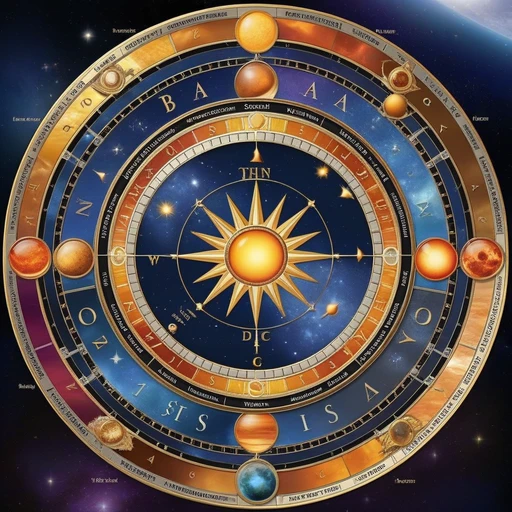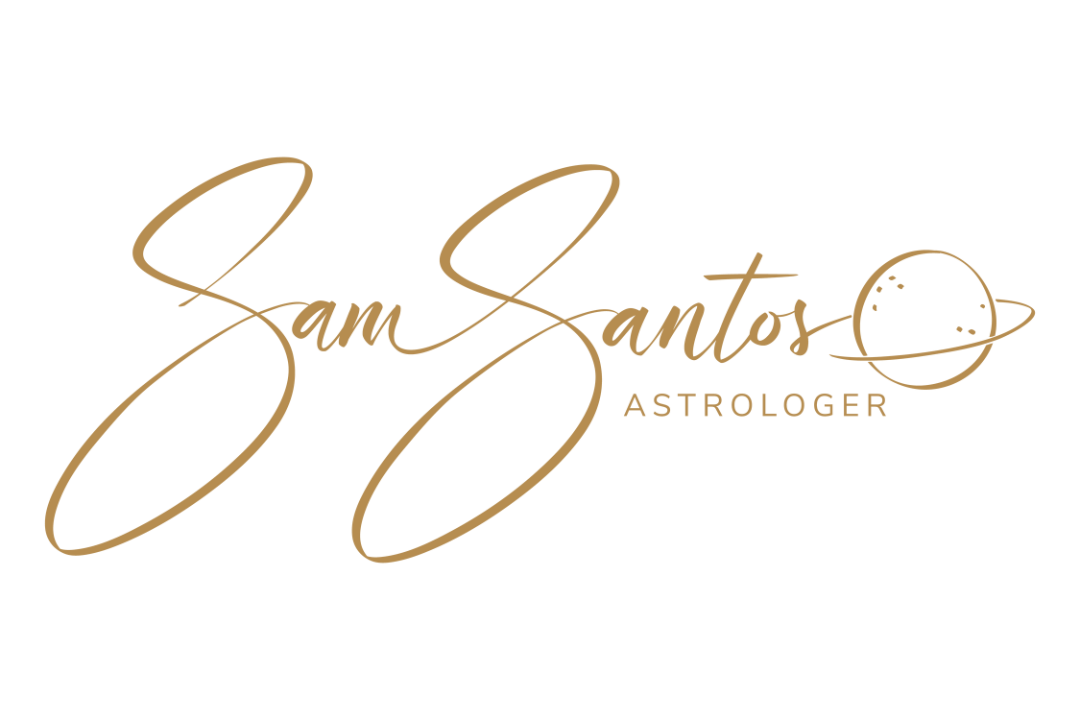At some point or another, every astrologer would need to face (or would have already faced) this question either while studying and researching about astrology, or through questions posed by curious minds and skeptics alike. Today, I thought I'd take my own stab at this topic.
Let's just get the obvious out of way: Yes, I believe astrology is real.
I didn't always think so, though. Like many today, I used to think astrology was a load of BS and anyone who believed it was equally as gullibly sh*tty. Come on! Why would you let the planets dictate what you should or shouldn't do, who you should or shouldn't date, what career you're supposed to be engaged in or not...? The list goes on but the bottom line remains the same: Astrology is a baseless waste of time.

And yet, somehow, we know that (at least in the Northern hemisphere) towards the end of September, leaves will start to turn orange-brown. And we know that it wouldn't be until about mid-March when the flowers will start to bloom again. We also know that the tides are high when the Moon is full... Yes, science explains all those, but in the time before "science" as we know it now, it was astrology that helped us track (and predict!) the changes that happened around us.
In my opinion, the common mistake that people make is thinking that astrology (and, indeed, astrologers) is a hard science (and, astrologers, "legitimate" scientists). Notice how I used "legitimate" quite loosely in this context. This cannot be farther from the truth. In fact, I think astrology is more akin to history, philosophy, and spirituality than it is science. Even back in the day, I've always thought Astronomy to be the hard, technical aspect of the cosmos, and Astrology to be the poetry that's formed when you combine those aspects together. Of course, I didn't use to subscribe to the practice like I do now, but that didn't mean I would invalidate others' years of study, dedication, and belief.
Where did astrology come from?
I think Chris Brennan, in his podcast, explains this quite clearly and completely. If you have the time, I would recommend watching that video.
Astrology was born because ancient Mesopotamians started to realize that there have been recurring events happening during particular lunar phases. For example, they may have noticed that during a Full Lunar Eclipse, the King/Emperor got badly ill. The ancient civilizations started using these celestial events to time and predict what would happen to them. Bear in mind, this was during a time when it was believed that the gods (and goddesses) communicated omens to people down on Earth via their writings in our sky... and if it was a form of "communication", then there must be a way to understand and interpret it. This has been the original tradition, a focus on fate and fortune, in the ancient world. In today's more modern times, psychological astrology is the more popular practice, thanks to people like Dr. Carl Jung.
Image grabbed from The Astrology Podcast
One popular quote from a very famous astrologer, Dane Rudhyar, reads: "Astrology is a language. If you understand this language, the sky speaks to you" – and this is precisely how it's been used ever since the ancient Mesopotamians, to this day. Countless historians, and years between them, have spent considerable time and resources recording history at particular planetary alignments because this is how, at its core, astrology works. Centuries upon centuries of astrologers/historians taking note of the characteristics of each planet, zodiac sign, etc. and passing on the knowledge of this language to future generations of practitioners.
Do we think there's a "scientific" basis why Geminis are chatty or how Leos tend to be bold and the type who'd be the life of the party? Nope. Do we think there's hard science that explains why those with strong Virgo placements are creatures of habit and when their routine gets disrupted, it affects their digestive system? Absolutely not! Do we think these have been observed of the signs through the years? Heck yes!
The "rules" that astrologers follow are nothing but a compendium of historical observations packaged in a way that helps us understand the movement of the cosmos. It is this compendium that gives astrologers their seeming power over time in that they can see into your past, know your present, and foretell your future... but all they really do is observe patterns and compare them with historical data.
That said, one must know and accept that astrology, as a practice, is innately imprecise. When going for a consultation with an astrologer, it is imperative to accept that, no matter the years of experience, no astrologer can get everything 100% correctly. There's a reason it's called a "consultation". These are meant to be conversations between you and your astrologer. I hope you don't easily write-off your astrologers as charlatans just because they can't figure you out at first glance of your chart (Read: Is Astrology Real? Here's What Science Says). At the very least allow them to have a conversation with you so they'd know how to properly help you.
Leaves turn orange-brown when Helios points towards Libra, and flowers begin to bloom once more when he faces Aries. In the time before time, Astrology was our clock, calendar, and cosmic warning device.
Is astrology real? History seems to say it is.

